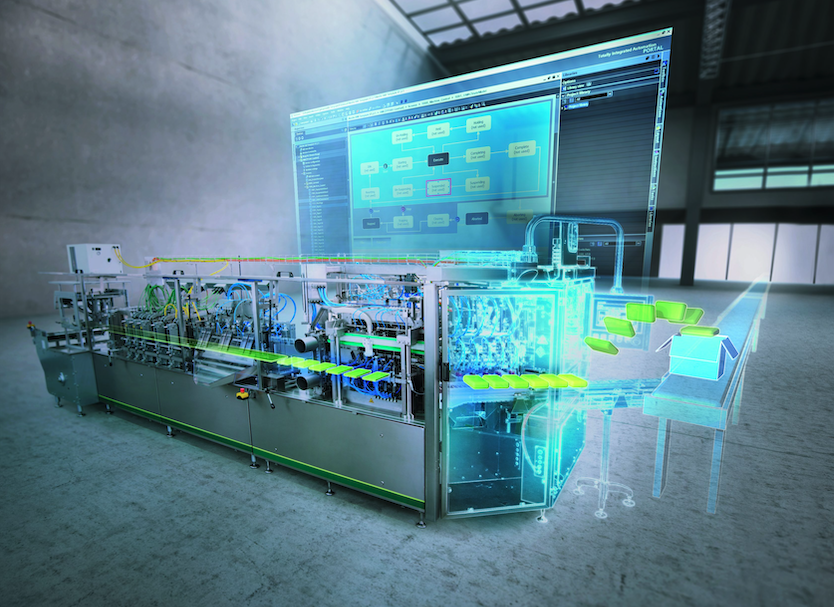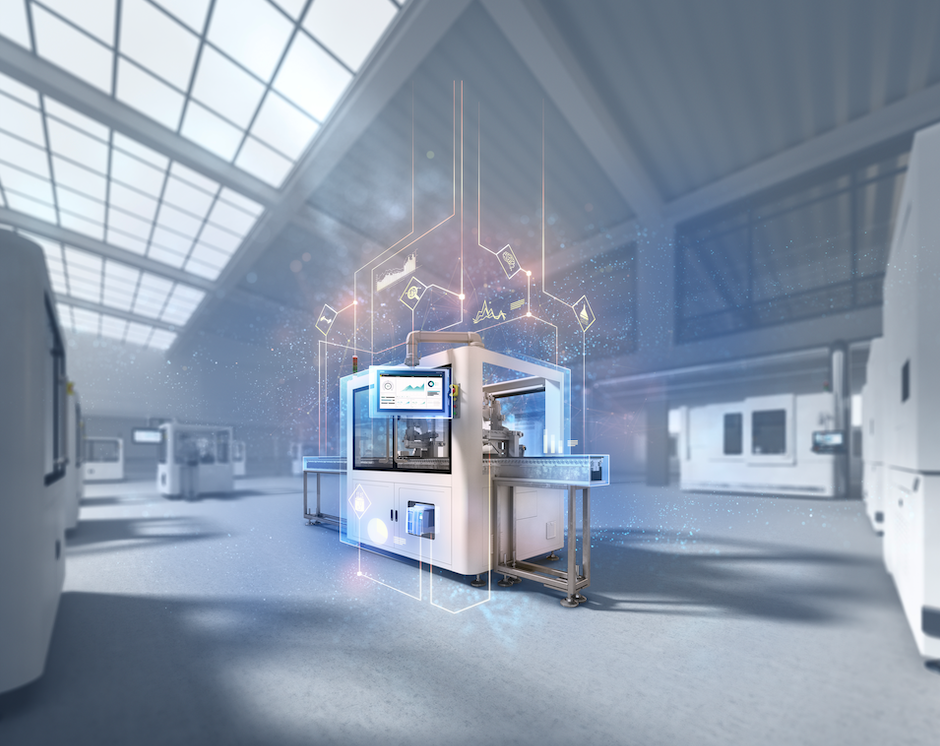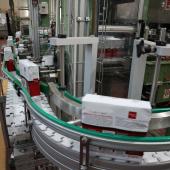The Right Digital Mix for Smart Manufacturing
PMI.Combine edge computing and cloud computing, thanks to a peripheral infrastructure capable of performing data processing directly in production, perfectly integrated with cloud functions. Today it's possible, with Industrial Edge from Siemens that realizes the optimal synergy between the two technologies, interfacing with existing automation systems. An affordable investment even for SMEs.

IAdvances in digitization and smart manufacturing can offer enormous advantages to the packaging industry, which is now called upon to combine high productivity with flexibility, to keep up with ever-shorter innovation cycles, and strong customization of products and processes.
Developing and building packaging machines requires technological vision, a comprehensive portfolio and a great deal of expertise. Through a dedicated team of specialists, the Pack Team, Siemens supports manufacturers with innovative solutions and services to make them more competitive on the market and accompany them in a digital transformation.
The concrete application of Industry 4.0 concepts poses complex technological challenges. In fact, Smart manufacturing does not simply mean collecting vast amounts of data with the help of sensors. Far more decisive is the ability to use that data to automatically generate information that helps improve production results.
Each company has its own strategy for recording and processing the huge amount of production data, an operation that requires high computational capacity, and that can be carried out in two ways: local and decentralized, "at the periphery" of the network (edge computing), or remotely, by sending the data to a central location (cloud computing), through the Internet.
Cloud computing Vs Edge computing: advantages and criticalities
Cloud services undoubtedly offer huge benefits. By analyzing data in a cloud, new insights into aproduction process or machine can be gained, leading to greater efficiency and availability.
However, in many concrete applications, cloud computing has limitations, primarily because of the need to transfer large volumes of data. The transfer is time-consuming and in some cases not practical, since every second counts on the factory floor. There are also further critical issues, due to legal regulations, or latencies.
On the other hand, companies that rely on local data processing soon reach their limits. That‘s because of the numerous different systems that are difficult to harmonize, but also because they lack the computing capacity for processing data on-site, and company-wide, global processing is not possible.
From factory to cloud, the optimal synergy between the two "worlds"
Considered that the two technologies perfectly complement each other, the most sensible strategy is to use the best of each. This is the approach taken by Siemens, with Industrial Edge, offers a solution for edge computing that includes the required hardware and software. Edge devices enable manufacturers to locally process their production data. This system can monitor all connected devices, install and update apps and software, and transfer functions from the cloud to the local manufacturing system.
When large amounts of data are processed by edge computing, a company’s storage and transmission costs are reduced, since only relevant data is transferred to a cloud or IT infrastructure, where it can be processed and used to train AI algorithms. The resulting findings can then be downloaded back into the edge infrastructure, making possible an ongoing optimization of the entire manufacturing process.

A "scalable" platform, to be integrated as standard
Some manufacturers may have concerns that edge computing is possible only with expensive investments in new automation systems. With Siemens’ Industrial Edge, edge data processing devices can simply be connected to existing automation systems, fully integrated with them,
or delivered with the systems themselves as a standard component. As a result of this flexibility, implementation costs should no longer be an issue, not even for SMEs.
By using the standard platform Docker, Siemens relies on the platform-independent scalability of applications and thus ensures maximum flexibility and futureproofing.



















